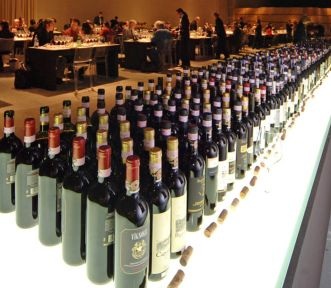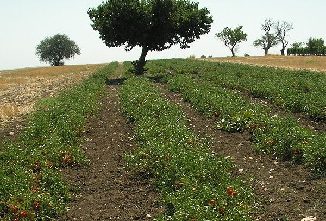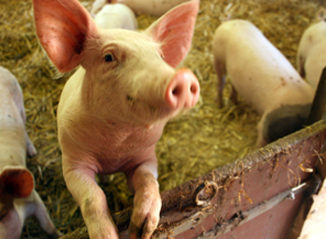Vinitaly, one of the most important international exhibitions dedicated to wine and spirits, took place in Verona last month from 25th – 28th March. The event was attended by a large number of exhibitors and a growing number of trade visitors from abroad, especially from the Italian trade channel, mostly represented by restauranteurs and owners of wine shops and bars.

According to Ettore Riello, President of VeronaFiere (an international fair trade organisation located in Italy) there were a high number of foreign participants ‘especially from the US and Canada, as well as from Russia, Northern Europe, France, Germany and all the emerging consuming countries in Asia: China came into our top 10. A total of more than 140,000 visitors from 120 countries turned out in just four days. The percentage of foreign operators was 35% of the total – an increase from previous years.’
2012 is the year of ViViT (Vineyards, Tenants and “Terroir”), the first exhibition by Veronafiere dedicated to organic and biodynamic wines, which can be labelled as organic wines only from the next harvest.
An ongoing study, being carried out by “Gruppo 24 Ore” has identified environmental sustainability as key to the future of Italain wine. This can be acheived in vineyards, by reducing the number of treatments and by water and energy saving, and in wineries, through a decrease in the weight of bottles or the use of recyclable caps. Italian wine-growers are hoping that all the efforts towards greener production will result in greater sustainability also in terms of grape and wine prices.
However, accounts are still in the red because of two main factors. Although prices, after a harvest decimated by adverse climate events and extirpations incentivised by Brussels, are rising slightly, 70% of the volume of wine sales in supermarkets still come from labels with prices which are below €3 per bottle. In addition to these usual difficulties, there are new ones related to difficult relationships between the wine sector and banks, which are increasingly closing loan taps.
“The wine sector is worth 10% of Italian agri-food exports” as Paolo de Castro, President of the Agriculture Committee of the European Parliament stated. “It is a developed sector with a sophisticated demand for credit which the current weakness of financial instruments is not able to fulfill.” According to de Castro, there is a need for a solid system of EU standards and guarantees to support public and private institutions involved in mutual funds and modern forms of income insurance.
Maurizio Gardini, President of Fedagri-Confcooperative stated “We need a new course in the relationship between the wine sector and credit which is fundamental to support aggregation and integration processes between farms, as well as technology innovation and internationalisation. We belong to the real economy, we have always believed in work and we want to continue to be market leaders.”
Mario Catania, Minister of Agriculture is asking for European reactions to heavy import duties placed by some countries with high rates of growth, Brazil in particular. These are requests to which Commissioner for Agriculture, Dacian Cioloş, is not likely to respond quickly. The Commissioner is also waiting for guidance from the High Level Committee (the first meeting will be on 19th of April) convened to develop proposals to reform the market organisation. The widely shared hope is that the wine sector comes about the green only from an environmental rather than an economic standpoint.




